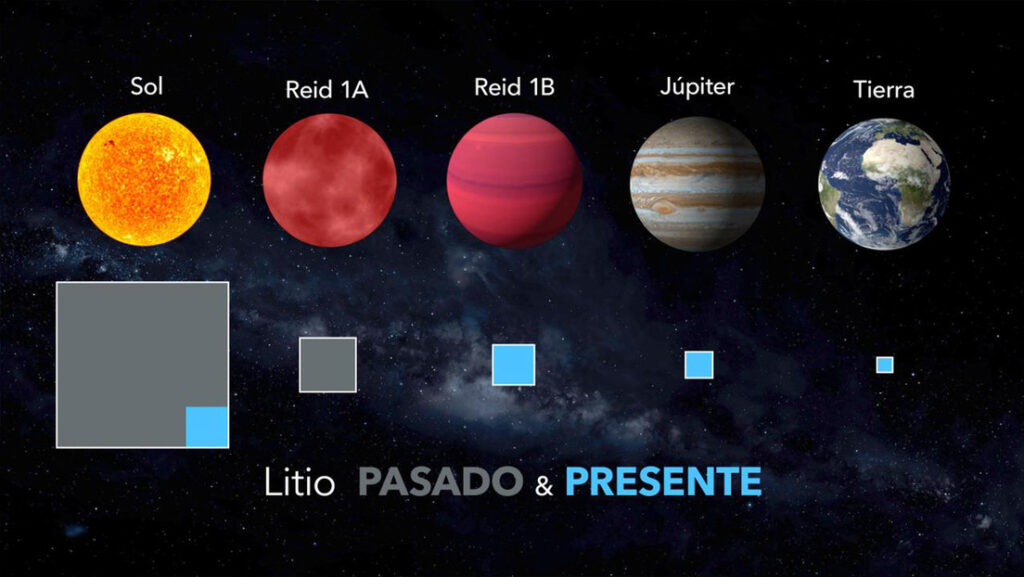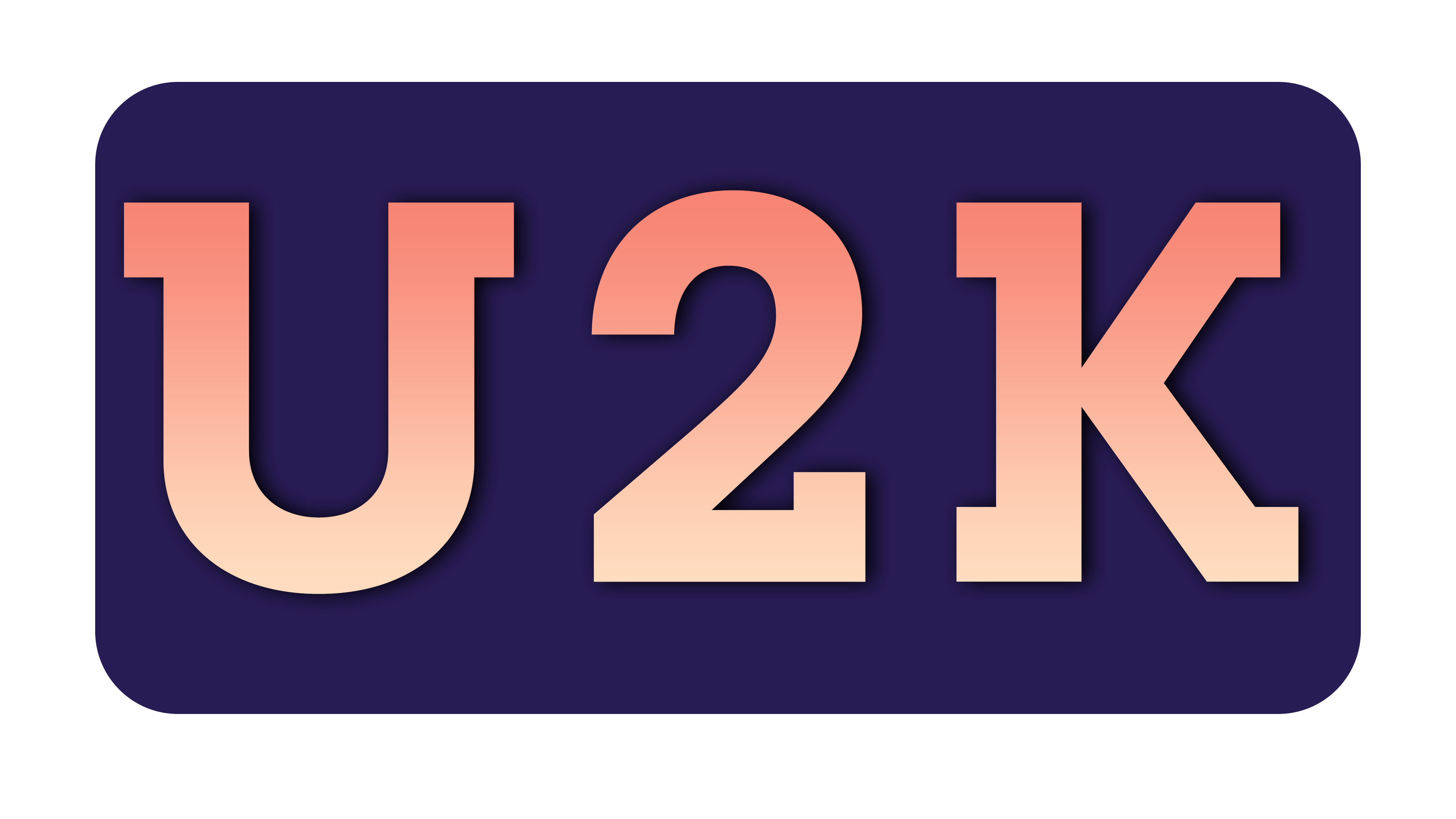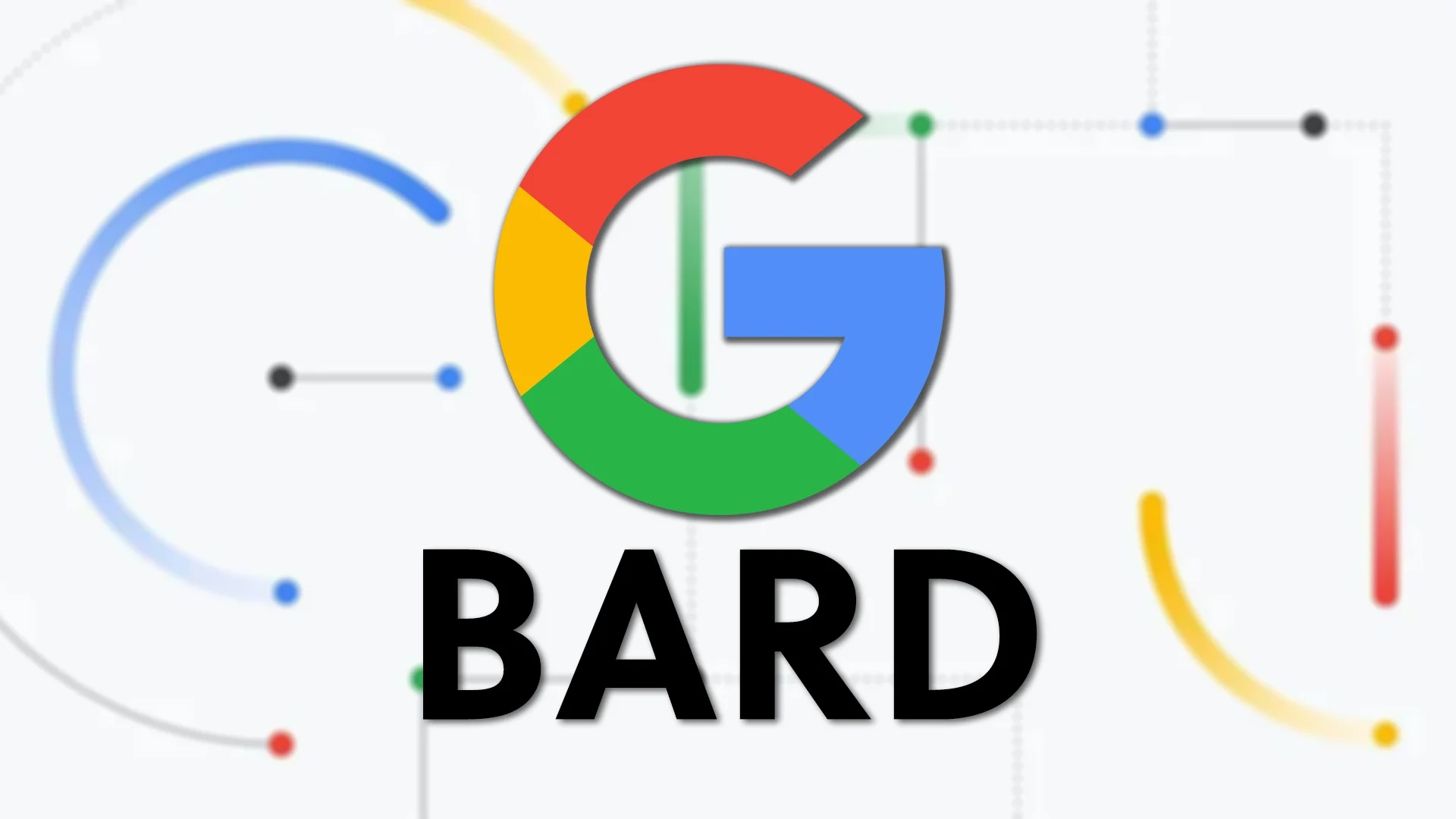
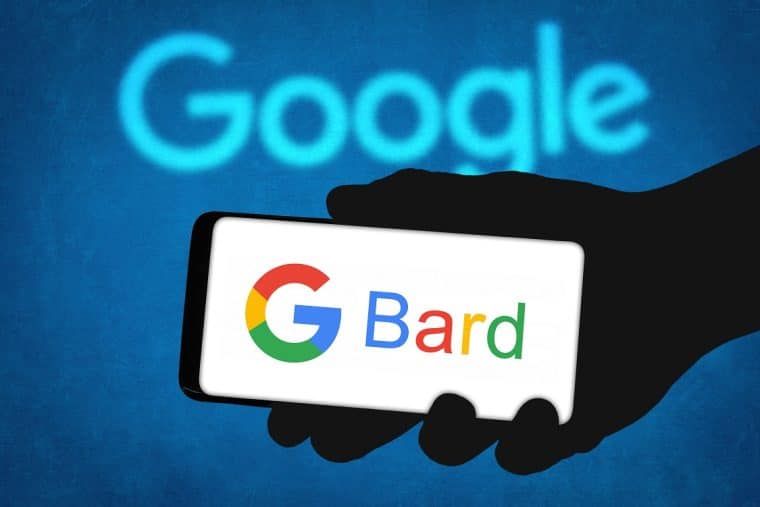
Google restructures the Assistant division, prioritizing Bard AI chat technology, potentially impacting the virtual assistant landscape.
Highlights
- Google reorganizes its Assistant division to prioritize Bard, its experimental AI chat technology.
- Recent leadership changes suggest the possible integration of Bard into future Google Assistant products.
- The evolution of virtual assistants like Bard will impact how users interact with technology and search online.
CNBC reports that Google is reorganizing the management hierarchy within its virtual assistant division—Assistant—to concentrate on Bard.
Last week, Google introduced Bard, its ChatGPT competitor, to the public as an experimental project.
Previous reports indicate Google has been reallocating team members from various departments to concentrate on Bard as part of a “code red” effort.
CNBC’s report suggests that the effort is still ongoing.
An internal memo sent to Google employees on Wednesday revealed the following organizational changes:
- Jianchang “JC” Mao, who played a significant role in shaping the current version of Assistant, will depart the company for personal reasons.
- Peeyush Ranjan, a 16-year veteran at Google, will fill Mao’s role. Ranjan most recently served as VP of Google’s commerce organization.
- Amar Subramanya, Google Assistant’s engineering VP, will now lead the Bard team’s engineering efforts.
- Trevor Strohman, who previously headed the engineering initiatives for Bard, will continue as an “Area Tech Lead” for Bard.
- Google hasn’t responded to requests for comment on CNBC’s report.
Comparing Google Assistant To Bard
Google Assistant is an AI-driven virtual assistant software application and language-processing program akin to Apple’s Siri or Amazon’s Alexa.
Commonly used for speech recognition, Assistant is featured in mobile devices, home devices (like the Pixel smartphone and Nest smart speakers), smartwatches, smart displays, TVs, and even vehicles through the Android Auto platform.
The recent leadership changes indicate that the Assistant division may consider integrating Bard technology into similar products.
However, the question of how this Bard can be monetized remains unanswered.
While executives have alluded to the possibility of using Bard as a search product, recent discussions within Bard’s leadership have downplayed that use case.
Google Assistant: A Retrospective
Google Assistant, launched in 2016, has been a key player in the virtual assistant market, but successes and challenges have marked its journey.
Here’s a brief look back at the history of Google Assistant, examining its growth, accomplishments, and setbacks.
The Birth of Google Assistant
Introduced at the Google I/O event in May 2016, Assistant was pitched as an upgrade from Google Now, its former voice assistant technology.
Google Assistant was initially exclusive to Google Pixel phones and Google Home smart speakers.
It eventually expanded to Android phones, TVs, smartwatches, and even cars through the Android Auto platform.
Triumphs: Expansion & Integration
Google Assistant’s most notable triumphs include its rapid expansion and integration into various devices and platforms.
By 2018, Google Assistant was available on over 500 million devices and had grown to support 30 languages in 80 countries.
The rapid adoption of Google Assistant was partly due to its ability to work with smartphones and smart home devices.
Additionally, Assistant is a liaison between Google services like Gmail and Maps, making it ideal for users who depend on those tools.
Setbacks: Privacy Concerns & Competition
Despite its successes, Google Assistant has faced its share of setbacks.
Privacy concerns have been ongoing as Google has faced scrutiny over how it handles user data and recordings.
In 2019, Google confirmed that human reviewers listened to a small percentage of audio recordings to improve the Assistant’s performance.
This revelation sparked concerns about user privacy, leading Google to introduce additional privacy measures and make managing their data easier.
Google Assistant has also faced tough competition from other big companies.
Amazon’s Alexa and Apple’s Siri are major rivals in the virtual assistant world, with Alexa leading the smart speaker market.
A continuous push for expansion, integration, and improvement has marked the history of Google Assistant.
Google Assistant has been a significant player in the virtual assistant market since 2016, though its future trajectory has never looked more uncertain.
Recent Posts
- Astronomers detect first direct image of black hole expelling a powerful jet
- WhatsApp rolling out ‘reply with message’ feature within call notifications
- Multi-Device Pairing May Be Arriving for Apple Watch this Year
- Artificial Intelligence Discovers Hidden Giant, a Planet 5 Times Larger Than Jupiter
- Google CEO Sundar Pichai Talks Bard & The Future Of Search
Recent Comments

WhatsApp rolling out ‘reply with message’ feature within call notifications
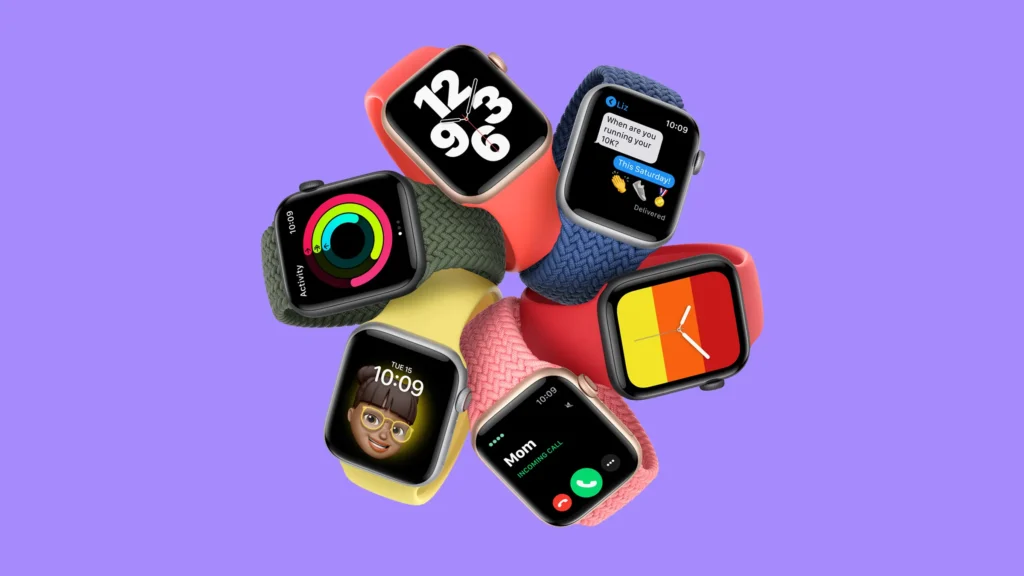
Multi-Device Pairing May Be Arriving for Apple Watch this Year
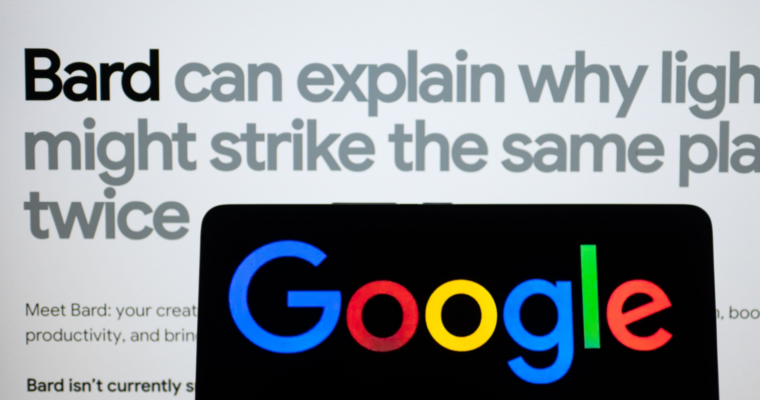
Google CEO Sundar Pichai Talks Bard & The Future Of Search

AMD assures that Ryzen 7 7800X3D is only slightly behind Ryzen 9 7950X3D in games

Astronomers detect first direct image of black hole expelling a powerful jet

WhatsApp rolling out ‘reply with message’ feature within call notifications

Multi-Device Pairing May Be Arriving for Apple Watch this Year
